Cataract FAQ
General questions
Special eye drops are used that numb the eye. Most patients only feel a light pressure sensation.
Most patients see the bright lights of the microscope.
We can give you throat spray or a cough suppressant before the operation. It is extremely important that you don’t cough during surgery.
Most patients are given I.V. medication before and during the surgery to help them relax.
Patients are required to take antibiotic eye drops before and after surgery for usually one week.
No, surgery is usually scheduled 1 to 2 weeks apart.
Your vision is blurred after the surgery. This is from the dilating drops and the bright lights. Most people see much clearer 24 to 48 hours after surgery.
You will be brought into the recovery room where we will check your vital signs. We will explain your post operative instructions and medications to you and a friend or family member. After this, you will be free to leave the surgical center.
Yes. A physical is required by your primary physician prior to surgery.
Questions About my Implant
The cataract is actually the lens of your eye. It must be replaced with a lens implant for you to see clearly. Implants are made of either Acrylic or Silicone. Each lens has specific indications and the doctor determines which lens is best suited for you.
Yes, the intraocular lens will not wear out. It is placed permanently in your eye.
No, the intraocular lens is not made from human tissue and your body will not reject it.
Your cataract will be removed by ultrasound waves that break up the cataract and it will be aspirated from the eye.
Prior to your cataract surgery, your surgeon at Vistarr Laser and Vision Centers will discuss your options and help you select the correct implant for your lifestyle. Your lens selection will fall between a “basic” or “standard” model or an “advanced technology lens.” Advanced technology lenses can offer lifestyle advantages such as being able to see near and far without optical correction (glasses or contacts) or being able to see far without the burden of astigmatic glasses or contact lens correction.
Questions about my daily activities
Most likely your old glasses will not be correct after surgery.
We encourage you to resume normal activities as soon as you wish. Bending and lifting less than 25 pounds will not cause any problems.
Most patients can drive after the first 24 hours. You may drive when your vision seems clear.
It is safe to fly.
Eye make-up should be avoided for two weeks. All other face make-up is fine to wear.
Always avoid any chemical contact with your eyes.
Questions after my surgery
You’ve had a microscopic incision on the surface of your eye. Until the incision heals, when you blink, you may feel a slightly scratchy sensation.
You should continue to use your eye drops as prescribed. However, if your discomfort seems to be worsening, or you experience a decrease in vision, call your doctor. It is common for some eye drops to burn.
The tissue on the eye is clear, and it’s easy to see the blood. This will not affect your vision and will fade away.
After the dilation wears off, the halo affect will wear off.
You may still have a slight need for glasses. Corneal swelling after surgery sometimes causes temporary glare. The eye will continue to heal over 6 to 8 weeks.




